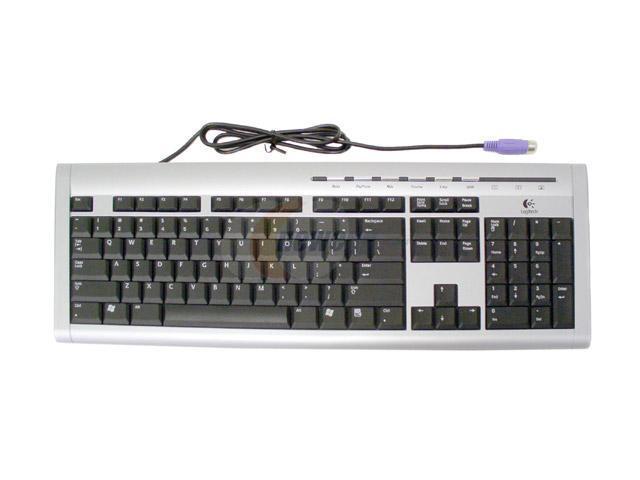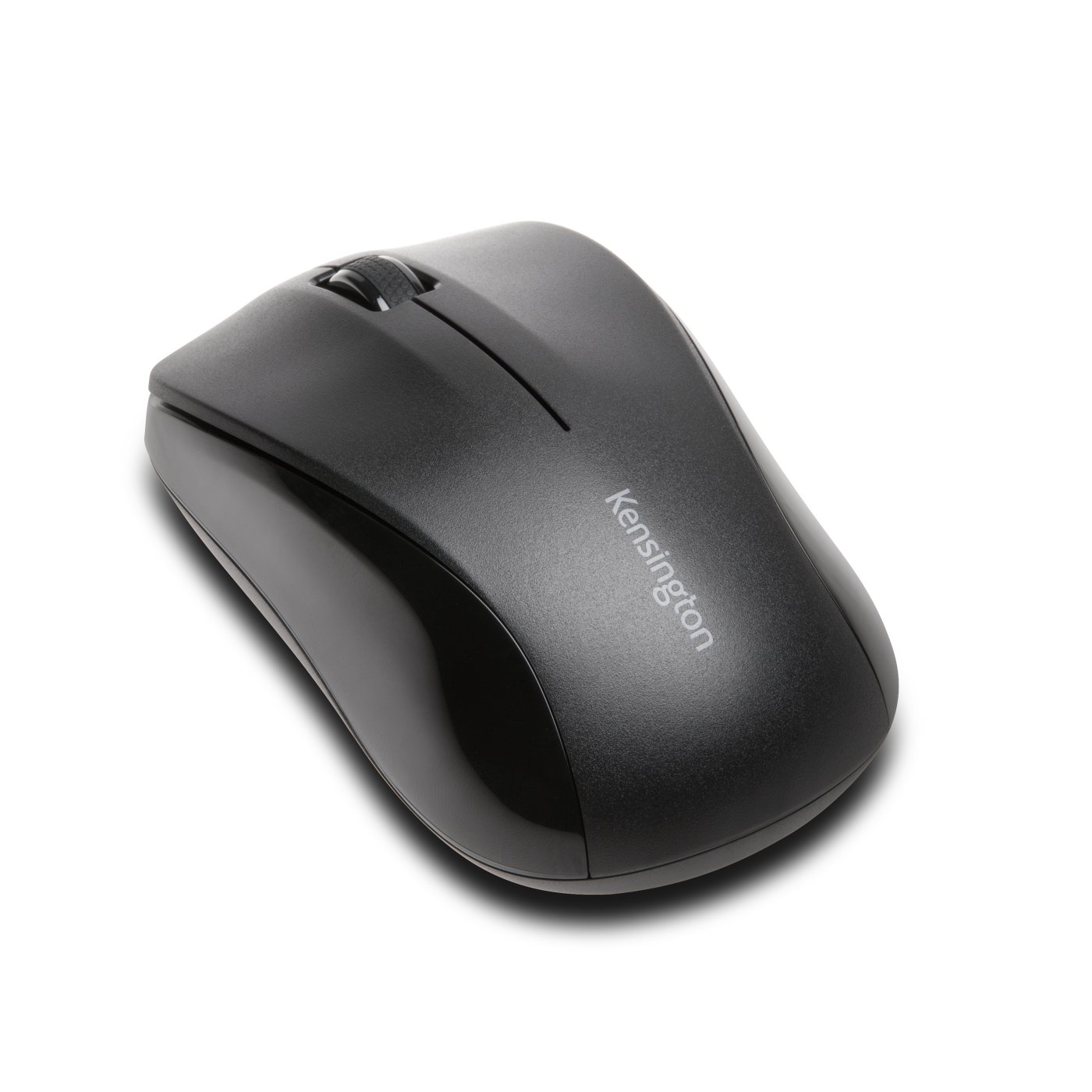One such example of mouse evolution is Kensington's PilotMouse Laser Wireless Pro.The black and blue rodent, with some silver trimmings, is of the bulky style and definitely is more suited to the right-handed rather than left-handed user.
Kensington PilotMouse Laser Wireless Mini mouse
Pilotmouse Laser Wireless Pro


Intel Wireless Pro Driver
The Kensington PilotMouse Laser Wireless Mini uses a laser instead of the standard LED found in most optical mice. We've seen only one other authentic laser mouse, the Logitech MX1000, and we liked it so much we made it an Editors' Choice. Though the PilotMouse is comfortable to use and performs well, at $49.99, it's rather expensive, and it lacks the functionality of the MX1000. Unless you're lusting after a laser, save yourself $10 and get the nearly identical Kensington PilotMouse Mini Wireless.
The PilotMouse Laser is a plug-and-play device, so there's no setup to speak of. Press the button toward the back of the mouse, and the battery compartment cover pops off. Insert two AA batteries (they're included) and plug the RF receiver into your USB port. Our test unit worked right off the bat, but you may have to sync the receiver and the mouse by pressing the small, black connect buttons on each. The brief user manual recommends downloading Kensington's MouseWorks software, available from Kensington's Web site, which lets you program the mouse buttons' functions.
Far too small to use for long periods, the PilotMouse Laser measures only 3.5 inches long and 2.25 inches wide--barely big enough to support your first two fingers, let alone your entire hand. This is par for the course with travel-size mice. Kensington makes the mouse a bit more comfortable by giving it ribbed rubber sides and a smooth rubberized grip on top. We like the way the receiver slides onto the bottom of the mouse, and we appreciate that the PilotMouse Laser will automatically power down. You can also turn off the mouse by flicking the small switch on its underside.
The mouse has the standard two-button, one-scrollwheel design, and the buttons are programmable using the MouseWorks software. The scrollwheel is smaller than what's typical, and it requires a few additional finger strokes to get to the bottom of a page. With the MouseWorks software installed, the scrollwheel takes on extra functionality; click it once to scroll horizontally, click it again to return to a normal vertical scroll--a plus for going through long Excel documents or Web pages.
Scanning 800 dots per inch, the mouse's performance was flawless, and we experienced no jumps or stalls in cursor movement when using it. The PilotMouse Laser moved exceptionally fluidly across our desktop, thanks to the smooth, raised areas on its bottom that minimize friction. We never had to reset the connection between the receiver and the mouse; they remained synced even after unplugging the receiver. And though its operation was great, we don't think the PilotMouse Laser offers performance superior to that of the LED-based Kensington PilotMouse Mini Wireless. But the PilotMouse Laser boasts a 30-foot range--that's 20 feet more than most wireless mice on the market and long enough to give presentations in conference rooms.
Kensington backs the PilotMouse Laser with an exceptionally long five-year warranty. Support is available via a toll-free phone number from 7:30 a.m. to 4:30 p.m. PT, Monday through Friday. Kensington also offers online and e-mail support via its Web site.
Kensington Pilotmouse Laser Wireless Pro
